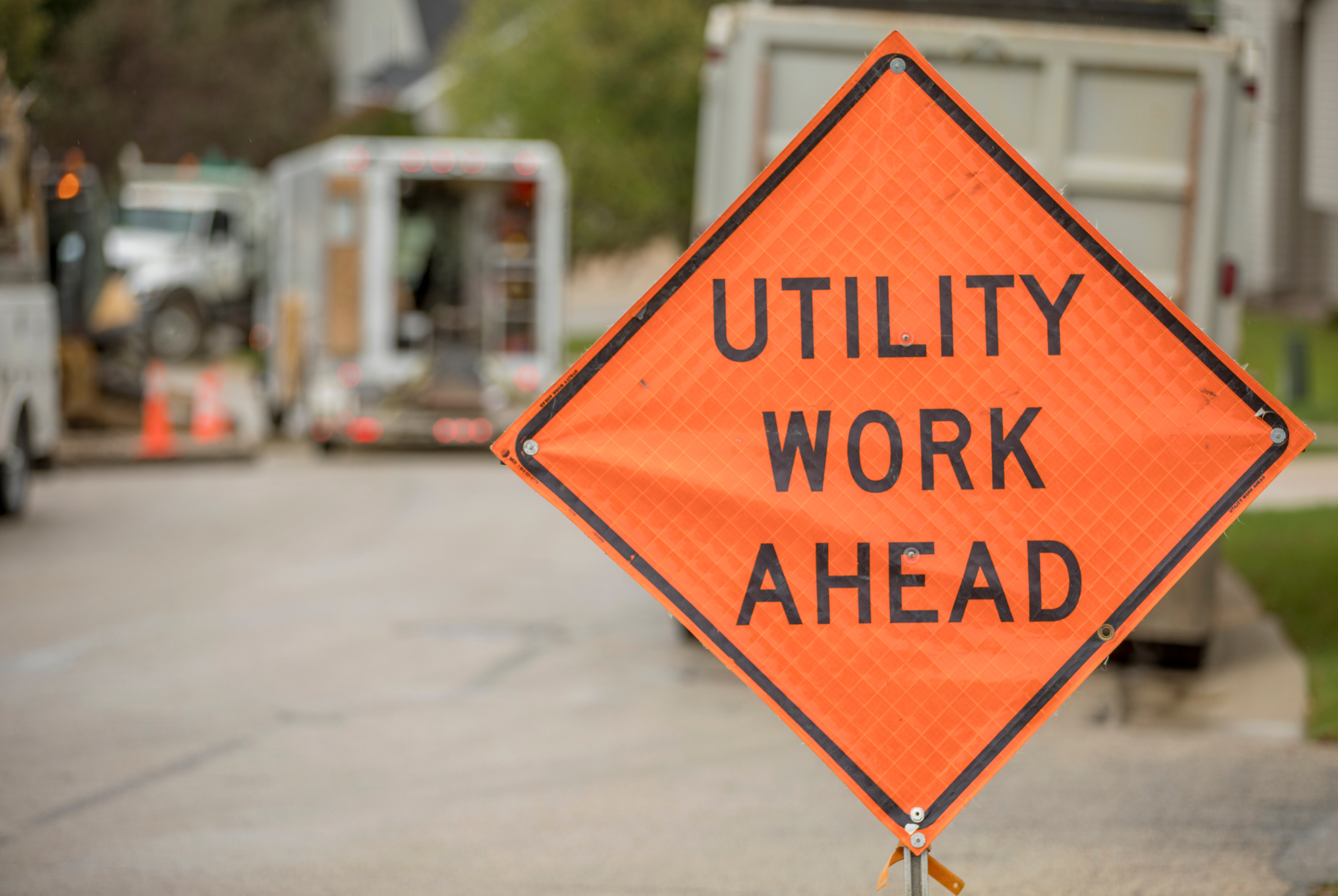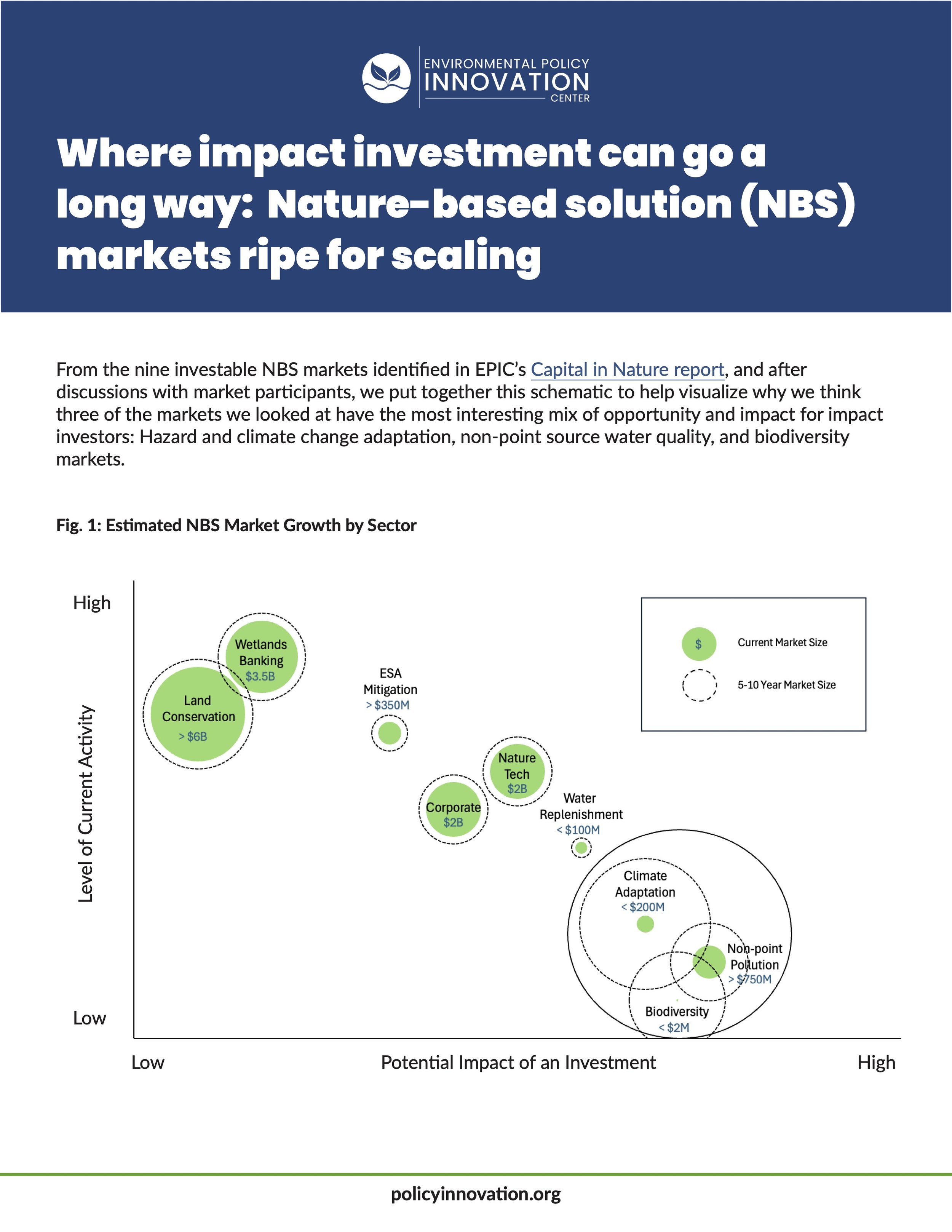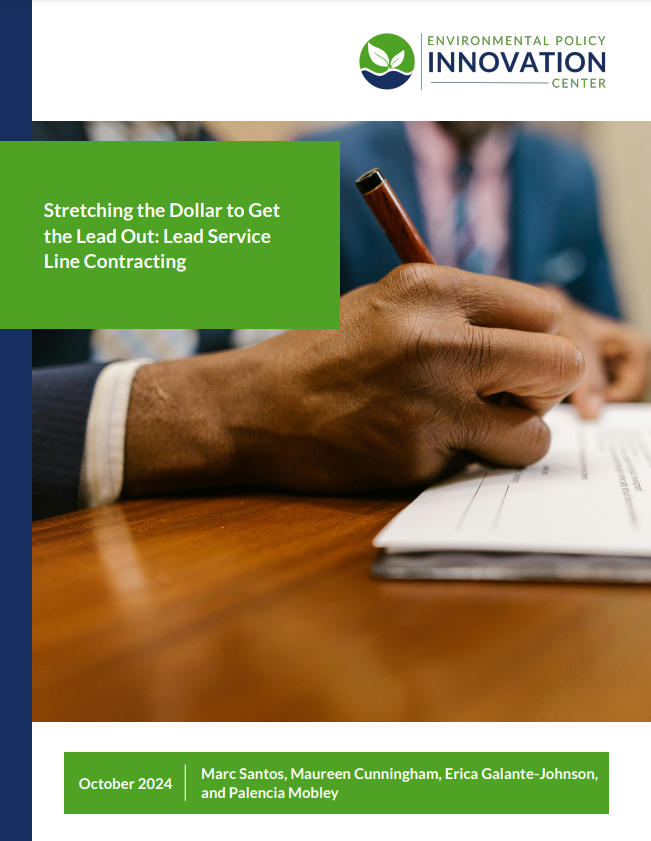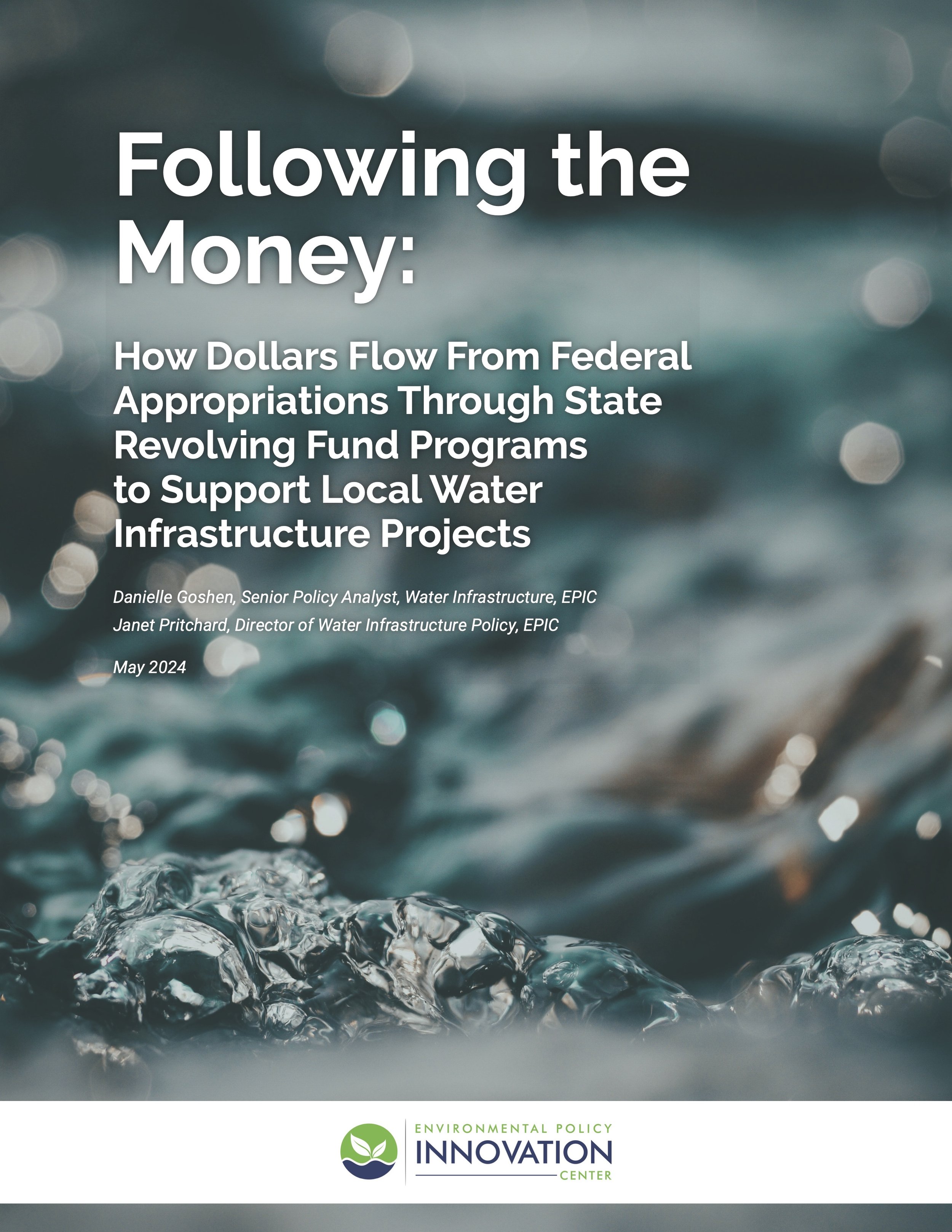
Differences in How States Organize Their Intended Use Plans (IUPs) and Project Lists

Key Questions States Should Consider When Developing a CWSRF Sponsorship Program

Funding and Financing Options for Full Lead Service Line Replacement

New Interactive Tools and Data to Explore Mitigation Bank Timelines

Types of Capital in US Nature-Based Solution (NBS) Markets

Where impact investment can go a long way: Nature-based solution (NBS) markets ripe for scaling

Lead Pipe Out, Which Pipe In? A Case For Prioritizing Performance, Safety, Health, and Technical Factors When Replacing Lead Pipes

State Policies Impacting SRF Assistance to State-Defined Disadvantaged Communities

How States’ Disadvantaged Community Definitions Can Prioritize Access to SRFs for Under-Resourced Communities

Optimizing Interest Rate and Other Loan Policies for SRF Financing

Southern States Drinking Water State Revolving Fund: Quantitative Analyses

From Fragmentation to Integration: Working with a Community of Experts to Connect Wetland Data

5 Key Areas Technology Should and Should Not Be Used in Permitting
Technology has the potential to speed up environmental permitting by enhancing transparency, data management, and public engagement. To truly streamline the permitting process, it’s essential to combine digital solutions with policy and process improvements.

Stretching the Dollar to Get the Lead Out: Lead Service Line Contracting

Stretching the Dollar to Get the Lead Out: Good Decision-Making and Planning for Lead Service Line Cost Efficiencies

Stretching the Dollar to Get the Lead Out: Advancing Lead Service Line Programs with Low or No-Cost Policies and Practices

Where do you get your water from, and is it safe to drink? Advances in EPA modeling delivers for drinking water justice

Following the Money: How Dollars Flow From Federal Appropriations Through State Revolving Fund Programs to Support Local Water Infrastructure Projects


